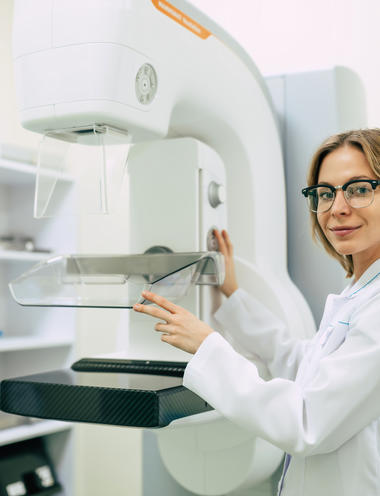Breast Care
Carney Hospital Women's Imaging Suite is a private facility devoted exclusively to breast health care for women. It features state-of-the-art technology, a comfortable new decor and a superbly trained, professional staff.
Carney Hospital Women's Imaging Suite is a private facility devoted exclusively to breast health care for women. It features state-of-the-art technology, a comfortable new decor and a superbly trained, professional staff.
2101 Dorchester Ave.
Dorchester, MA 02124
617-506-4051

Digital mammography is the most effective method of early detection in the fight against breast cancer. This technology offers women a number of benefits, including improved image quality, reduced procedure time and enhanced patient comfort.
Our breast care services include:
Flexible appointments are available, including evenings and Saturday hours. A physician referral for a screening mammogram is not required.
Mammograms
One out of eight women will develop breast cancer at some point in their lives. That's why breast exams are such an important aid in early detection, especially for women over 35. A mammography exam can detect a tumor long before you can feel it. Such early detection of breast cancer can save your life. It can also give you an opportunity to choose between treatment options.
Mammogram and breast examination guidelines:
Who's at risk for breast cancer?
Because breast cancer is the most common type of cancer in women, every woman should consider herself at risk. However, the following factors put you at higher risk for breast cancer:
What are the symptoms of breast cancer?
Since most breast cancers are discovered by women themselves, it is important for you to know what to look for: